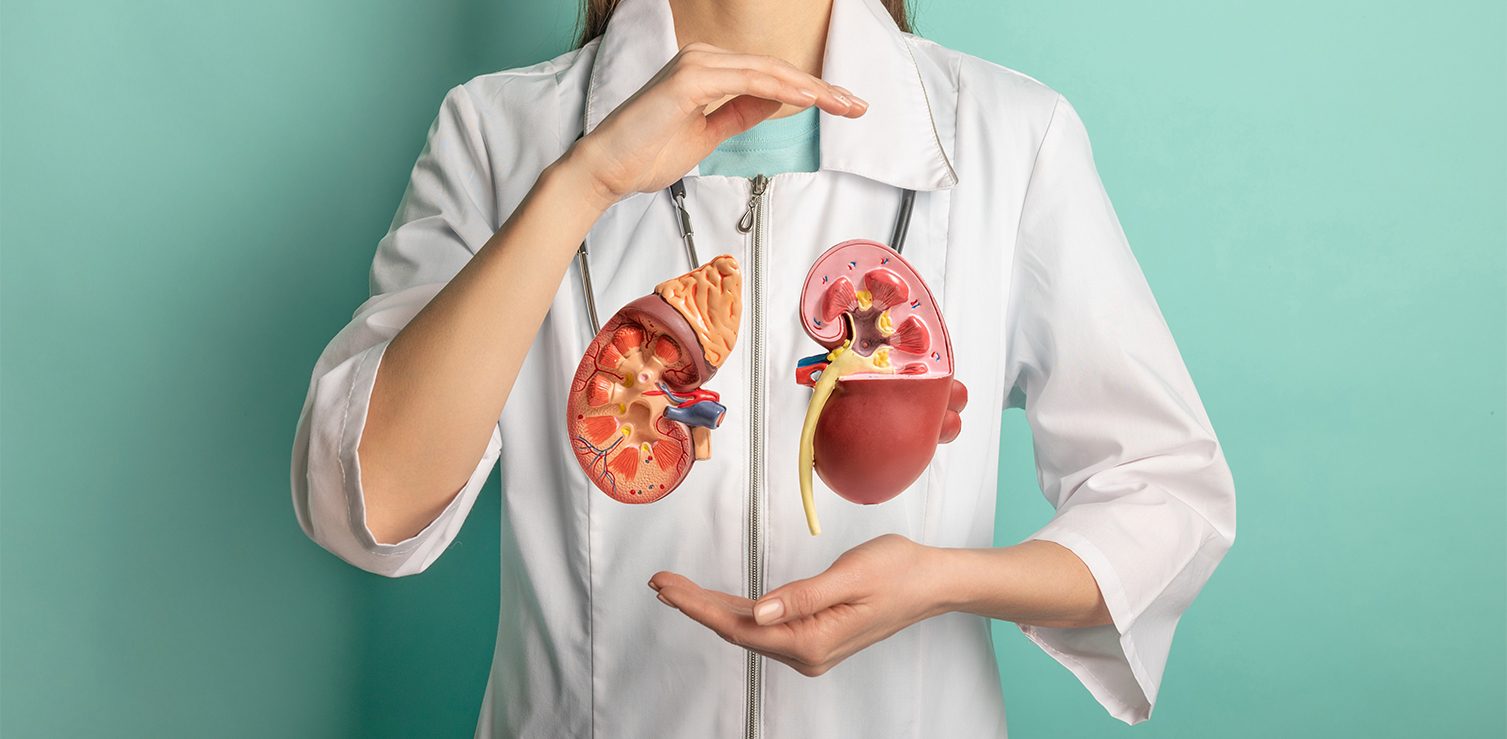
Nephrology Including Dialysis
Our quality and specific treatment in nephrology and urology distinguishes us from the competition. Our strong and multidisciplinary approach allows us to identify and treat our patients more accurately, which boosts their recovery rate. At Eternal Hospital Sanganer, we have a team of doctors and surgeons who use cutting-edge equipment and new methods to perform medical treatments with absolute precision.Our hospital is dedicated to providing the greatest quality patient care and treatment facilities. To deliver the finest treatment possible, our highly skilled urologists and nephrologists combine dynamic techniques, cutting-edge technology, and the most up-to-date options for treatment.
What Is Nephrology?
Nephrology is the adult and pediatric study of kidneys and their disorders. The kidneys are essential for maintaining normal fluid and electrolyte balance. A nephrologist is a medical specialist who focuses on kidney care and illness treatment. The term nephrologist is derived from the Greek words "nephros," which means kidney or renal, and "ologist," which refers to someone who studies. Nephrologists are often known as kidney doctors. They typically treat chronic kidney disease (CKD), polycystic kidney disease (PKD), acute renal failure, kidney stones, and excessive blood pressure, as well as provide education on all aspects of kidney transplantation and dialysis.
Why Choose Eternal Hospital Sanganer?
At Eternal Hospital Sanganer, we are entirely committed to offering superior medical skills, cutting-edge technology, and new solutions to provide the best possible treatment for urologic illnesses. Our department is fully equipped with advanced operating rooms and cutting-edge technologies for diagnosis and treatment. Some of the facilities we offer include:
- Advanced technology and treatment facilities
- Innovative therapy options.
- Well-equipped Dialysis Facility
- Dedicated surgery centers and laboratories
FAQ
What does a Nephrologist do?
A nephrologist diagnoses and treats kidney conditions and kidney failure. In addition, they also recognize how kidney conditions affect other parts of your body, including: Autoimmune diseases. Cardiovascular disease. High blood pressure (hypertension).
What are the 4 types of kidney disease?
- Polycystic Kidney Disease (PKD)
- Simple Kidney Cysts.
- Kidney Infection (Pyelonephritis)
- Kidney Stones
What are the 2 main tests for Kidney disease?
Kidney checkup: two simple tests CKD is evaluated using two simple tests – a blood test known as the estimated glomerular filtration rate (eGFR) and a urine test known as the urine albumin-creatinine ratio (uACR). Both tests are needed to have a clear picture of your kidney health.
How does the Kidney get damaged?
Diabetes is the most common cause of kidney disease. Both type 1 and type 2 diabetes. But also heart disease and obesity can contribute to the damage that causes kidneys to fail. Urinary tract issues and inflammation in different parts of the kidney can also lead to long-term functional decline.
Why do patients get Dialysis?
Dialysis is a treatment for people whose kidneys are failing. When you have kidney failure, your kidneys don't filter blood the way they should. As a result, wastes and toxins build up in your bloodstream. Dialysis does the work of your kidneys, removing waste products and excess fluid from the blood.


 0141-3120000
0141-3120000